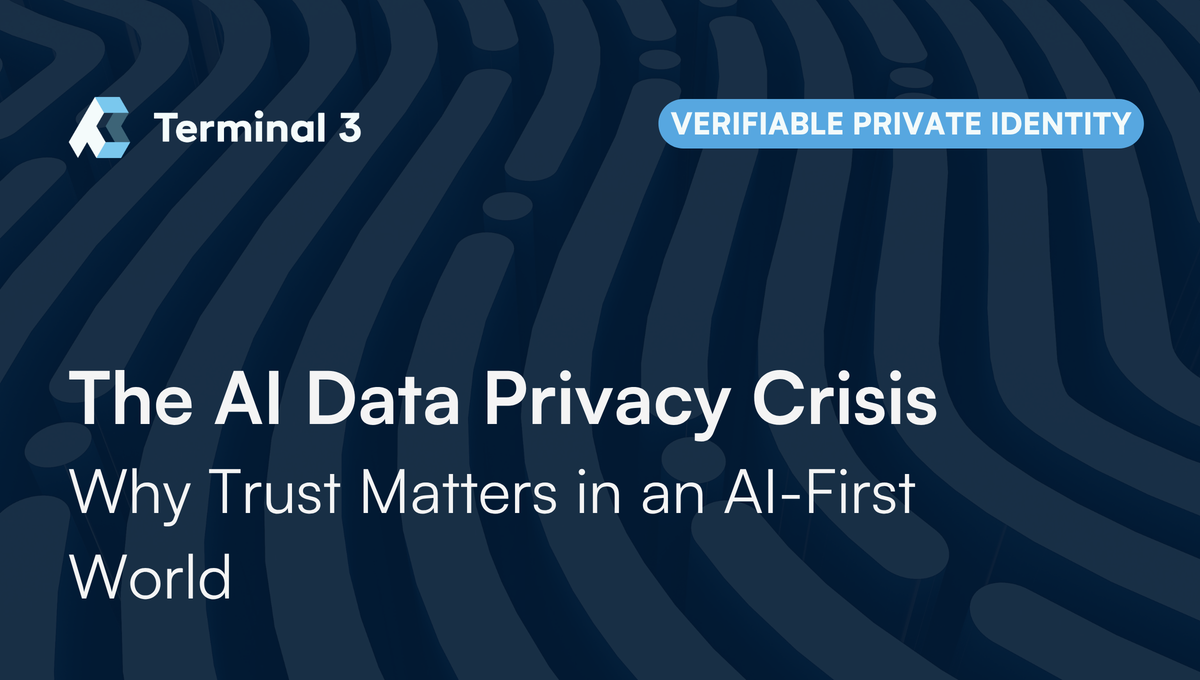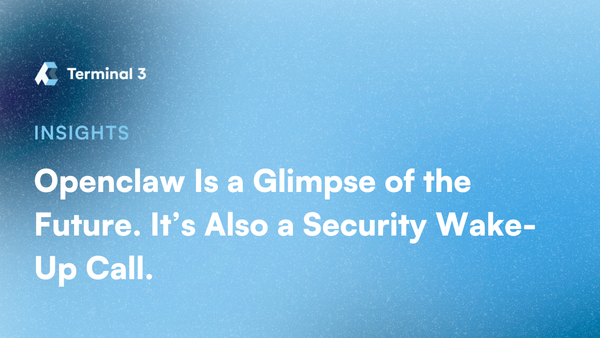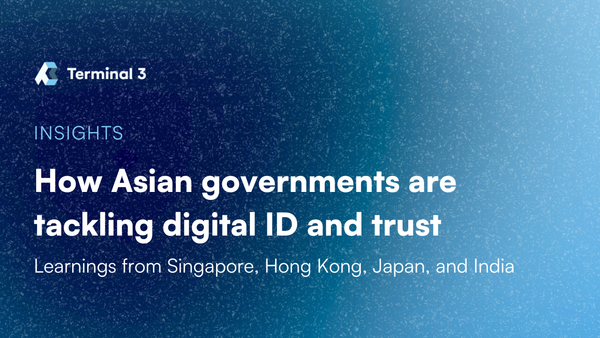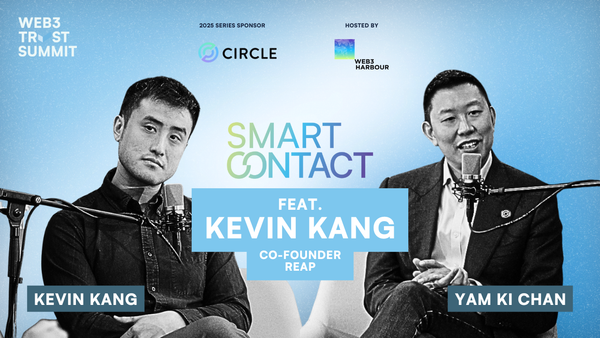The AI Data Privacy Crisis: Why Trust Matters in an AI-First World
In just a few short years, artificial intelligence (AI) has transformed from an abstract concept to a ubiquitous technology reshaping our daily lives. How can we govern the safety and security of it's data use?

In just a few short years, artificial intelligence (AI) has transformed from an abstract concept to a ubiquitous technology reshaping our daily lives. But as AI capabilities evolve at breakneck speed, a critical challenge emerges: the exponential growth of AI is outpacing our ability to govern the safety and security of its data use.
The Explosive Growth of AI
The numbers tell a compelling story. The global agentic AI market is projected to grow from just $5.2 billion in 2024 to a staggering $196.6 billion by 2034. This isn't just incremental growth—it's a fundamental shift in how technology interfaces with our personal data.
Today's AI systems aren't just passive tools; they can generate code, write policies, and interact autonomously, all while consuming vast amounts of our private information. GPT-4 represents a quantum leap in this capacity, with an estimated 1.75 trillion parameters—ten times more than its predecessor. This increased complexity allows for more sophisticated reasoning but also requires exponentially more data.
The Hidden Data Appetite
Most retail and enterprise users don't realize the volume of data being consumed. ChatGPT alone has 400 million weekly users and processes an astonishing 1.5 billion words in prompts daily. Enterprise AI systems ingest terabytes to petabytes of data monthly, often including sensitive information we wouldn't willingly share with another person.
More concerning is what happens to this data after it is processed. A striking 63% of AI applications store user prompts, typically to fine-tune their models—with consumers largely unaware of these terms. When we interact with AI assistants, our conversations aren't always as private as we might assume.
The Trust Deficit
This data vulnerability has created a profound trust crisis. Only 37% of users trust AI for tasks involving financial or medical information—areas where accuracy and privacy are paramount. It's no coincidence that trust and identity are cited as major barriers to AI adoption by enterprises. Meanwhile, the regulatory landscape is struggling to keep pace.
Regulations in the European Union are largely risk-based, while those in California are application-based. This lack of standardization poses a challenge as AI usage trends change weekly, leaving us with regulations that become outdated quickly. The rapid evolution of AI has left privacy laws—designed for an earlier technological era—insufficient for addressing the unique challenges of autonomous, self-learning agents. This regulatory gap is evident in the 240% growth in GDPR fines for AI data misuse between 2022 and 2024.
The Identity Crisis
For AI to reach its full potential, it must overcome four critical challenges:
- Trust in the underlying models: Users need transparency about who built the models, what data sources were used, and whether the model can be trusted.
- Trust in AI actions: When an AI agent makes a decision, users need to understand how that decision was reached.
- Authorization challenges: Users need secure ways to grant AI agents appropriate access without compromising security.
- Privacy concerns: Humans need assurance that their data isn't being inappropriately shared or leaked.
These challenges are particularly acute in dynamic contexts. An AI agent may need to access classified files for one task and send sensitive emails for another. Individually, these actions may be permissible, but together they could violate organizational policies without proper controls.
The Path Forward
This is where Terminal 3's decentralized private data network becomes essential. By empowering individuals with self-sovereign control of their personal data, Terminal 3 creates a secure foundation for AI agent interactions and a trusted data economy.
Terminal 3's approach combines decentralized technology with privacy-enhancing technologies to create a secure layer between users and AI systems. Through decentralized identifiers (DIDs) and verifiable credentials, users can selectively share information while maintaining control over their personal data.
The Terminal 3 Network enables AI to perform valuable tasks without directly accessing sensitive information. Instead of sharing raw data with AI systems, users can leverage zero-knowledge proofs and other privacy-enhancing technologies to verify information without revealing underlying data.
As AI becomes increasingly integrated into our daily lives—from travel booking to financial management—this privacy-preserving approach will be essential for building and maintaining user trust. Only by addressing the fundamental data privacy challenges can we fully realize AI's transformative potential.
Want to learn more about how Terminal 3 is creating a secure foundation for the AI revolution?
Sign up for the waitlist or read our litepaper for a deeper dive into our technology and vision.




